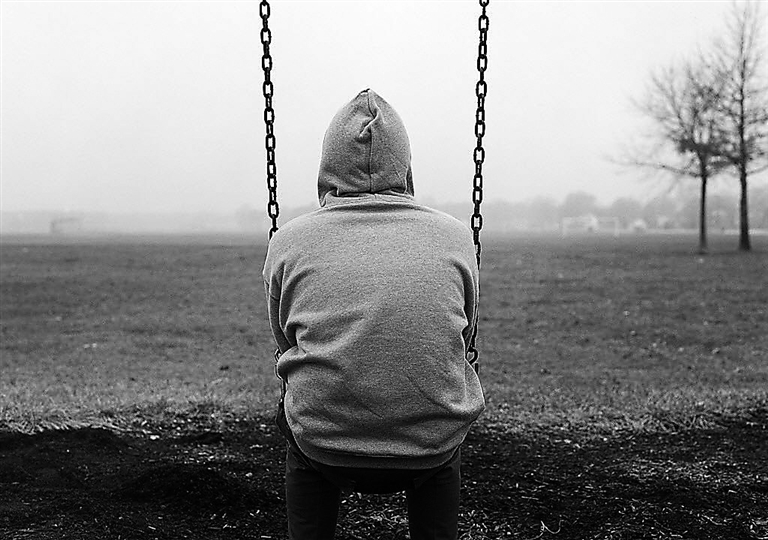
A NEW study has suggested that loneliness decreases with age. In addition, it seems to be less prevalent in collectivist societies than in individualistic ones and less common in women than in men. New research suggests that young people are more likely than older people to feel lonely, that people in countries that are collectivist rather than individualistic are less likely to feel lonely, and that loneliness is more likely to affect men than women. The research, which appears in the journal Personality and Individual Differences, draws on a newly published significant global dataset that the British Broadcasting Corporation (BBC) gathered for their “Loneliness Experiment.” Loneliness negatively affects people’s well-being and the economy, and it increases the likelihood that a person will need medical care. The authors of the present study state that loneliness can be understood as “the discrepancy between actual and desired social relationships.” According to this definition, two people who have the same number of social relationships may experience loneliness differently if one desires more social relationships than the other. Conversely, two people who desire the same number of social relationships may experience different levels of loneliness if one of them has more social relationships. While researchers know that many other factors can affect loneliness, few studies have been large or diverse enough to get an accurate picture as to what these may be and how they might interact. To address this, the authors of the present study drew on a large and diverse new dataset to explore the ways in which culture, age, and gender affect loneliness. The study drew on the BBC’s Loneliness Experiment dataset. This dataset contains information from nearly 55,000 people aged between 16 and 99 from 237 countries, islands, and territories, making it one of the largest and most diverse of its kind. The authors of the present study focused on a subset of this data, including people who had indicated their age and specified that they were a man or a woman. There were insufficient data available to include those who chose “other” as their gender. In total, they used data from 46,054 people. To determine the participants’ level of individualism or collectivism, the authors drew on a previous study that assigned relative individualism or collectivism to 101 countries. The participants in the current study only included those who indicated that they were from one of these 101 countries. The authors found that loneliness tended to increase based on people’s individualism and reduce as they got older. Loneliness was more prevalent among men than women. Taken together, the interaction of age, gender, and cultural background predicted loneliness. (SD-Agencies) | 
